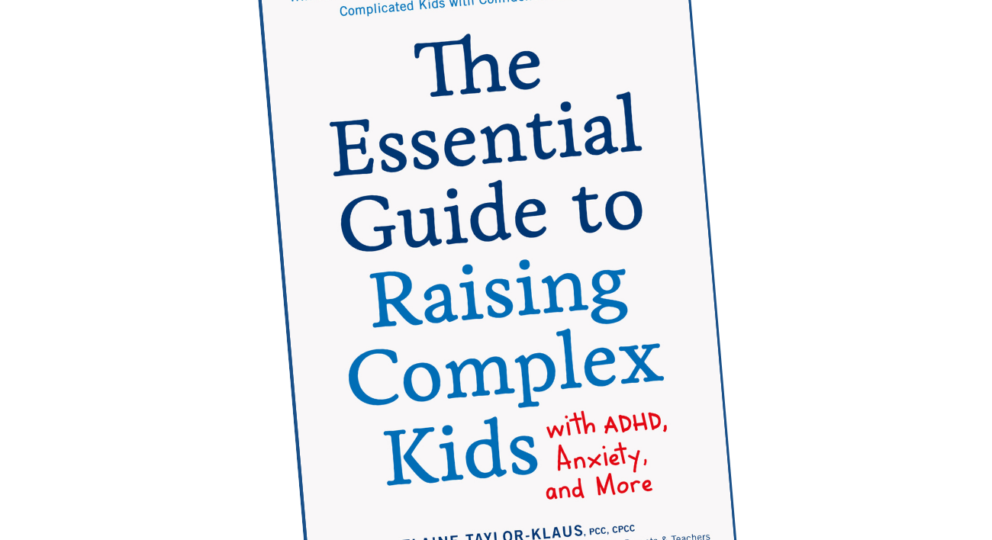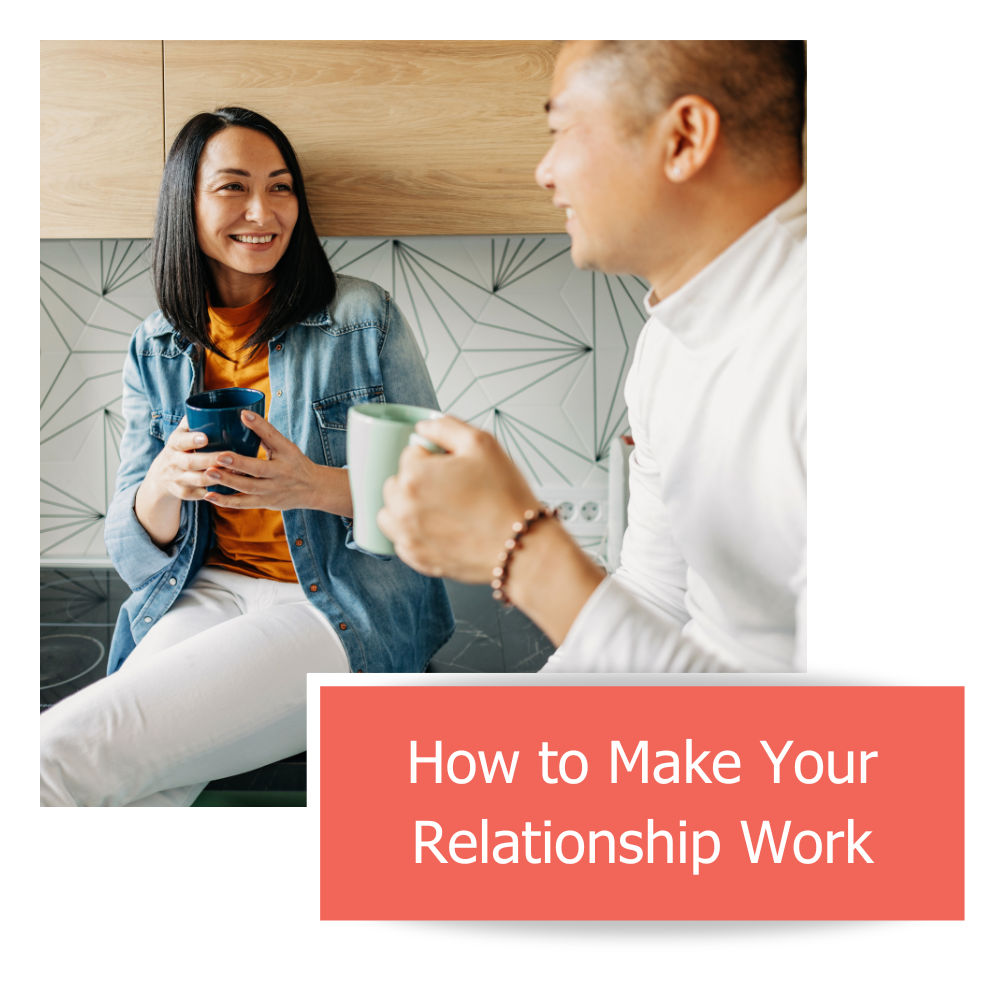In the blog post ‘Parenting Together: Getting on the Same Page,’ my husband David Taylor-Klaus writes:
Imaginary conversations killed our marriage—almost. During our
first decade as parents, so many of the ‘conversations’ Elaine and I had
about expectations around parenting were imaginary . . . When one parent
feels like s/he is doing it alone, resentment builds. Communication
grinds to a halt. Co-parenting relationships crumble because of the
unspoken, rather than because of the spoken.
When things don’t go how you think they should, you’ll look for a reason for your disappointment. And when you feel like something isn’t fair—maybe that your child is struggling with challenges, or that too much of the burden of handling them falls on you—resentment finds its foothold. Sometimes we resent others—our partners, other parents, teachers, even our friends—because we feel that they don’t understand our urgent need to help our kids. Other times, we do it to ourselves, giving so much to our kids without taking care of ourselves that we end up giving ourselves away. Eventually we become resentful or guilty.
Resentment blossoms in silences and can build quickly. It halts effective communication, putting up barriers to connection and intimacy. It leads to judgment and blame, taking things personally, and feeling put-upon. But resentment withers away in the face of open communication.
David continues, ‘many things changed over a period of many years, but what’s clear to us now is that we never gave up on each other or on the family we wanted to create with each other. Elaine never gave up on me, even when we weren’t on the same page. Elaine trusted that my intentions were good. Over time, as she learned more about ADHD, she found ways to share her learning with me despite my defensiveness. We began to have conversations with less judgment, less resentment, and more acceptance of each other and our kids.’
The biggest challenge to letting go of resentment is that we hold onto it because we feel justified. Resentment feels easier than having difficult conversations. It feels safer than sharing our truths or expressing what we really want for ourselves and our kids. Letting go of resentment without blaming or feeling blamed requires vulnerability, which isn’t easy for any of us. David ended his article with this challenge to parents: “Start a new conversation. Ask what’s important to your co-parent. LISTEN. Get curious. Don’t make any major decisions. Just explore each other’s perspectives and look for commonality.”
When you feel unfairly treated, you may have good reason to feel resentful. Frankly, it’s likely that things aren’t fair. But remember, resentment festers and destroys, preventing you from being the kind of parent you really want to be. It’s up to you to stop holding it tightly. Resentment is yours to let go. I know it’s not
easy to do, but I assure you it’s worth the effort.








